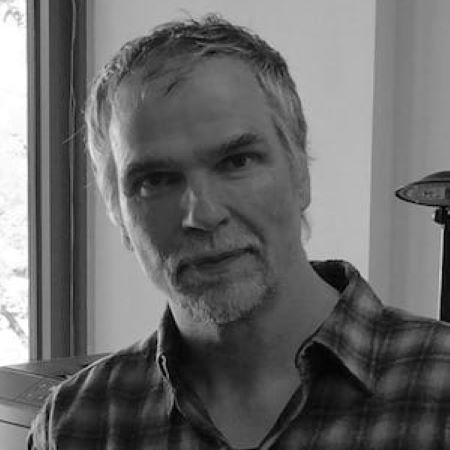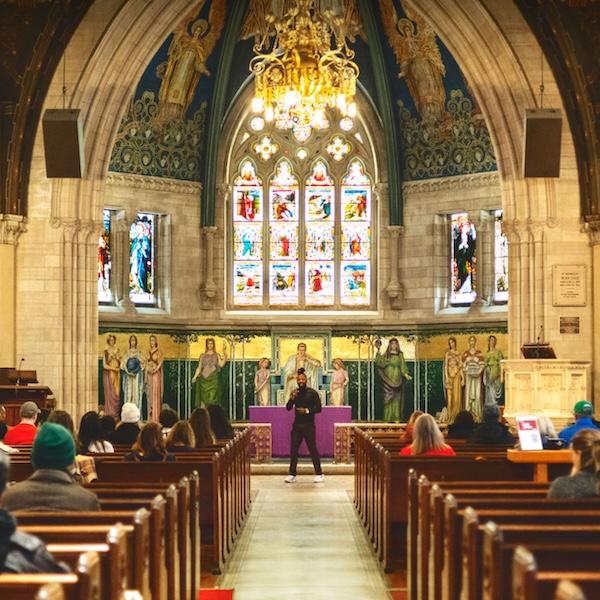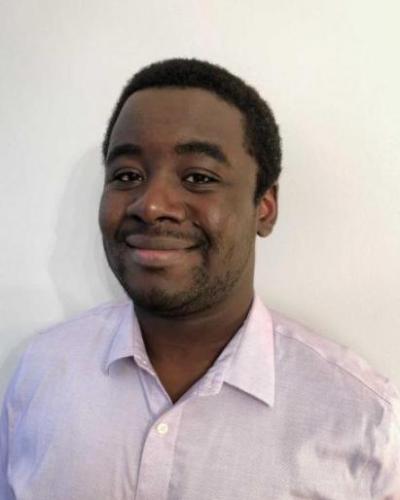When Dr. Toni Alimi was an undergraduate in college, he thought that he would go into politics. He wanted to change the world for the better and reckoned that the political route was a good way to do it. But Augustine’s Confessions showed him another way. Alimi discovered Augustine due to his interest in another theologian: John Calvin. He had read John Calvin’s The Institutes of the Christian Religion and found it difficult to understand. But he found it replete with references to this “Augustine fellow.” He hoped that reading Augustine might help him to understand Calvin, and so he cracked open The Confessions.
There are moments in The Confessions, says Alimi, that appeal to every adolescent. Augustine recounts moments of folly from his life that feel so relatable to everyone in their youth, so of course those aspects of the text drew Alimi in. But they were not the most inspiring aspects of the text to him. What compelled Alimi was Augustine’s willingness to devote his own life to the pursuit of truth. Augustine had a path toward renown in his job of teaching rhetoric but gave it all up for the sake of philosophy. This noble willingness to turn away from material goods in the name of something higher made Alimi fall in love with Augustine’s thought. As Alimi said, “there’s something kind of beautiful about that sort of devotion to studying questions that really matter.” This led to Alimi, in a way, following Augustine, turning away from politics and toward a life of mind.
And he has come far along that road. He now has a book on Augustine coming out this August, entitled Slaves of God. This text will outline the role that Augustine’s account of slavery plays in his broader philosophy. The process of writing a book didn’t only shed light on Augustine, Alimi found it also made him think about his own beliefs and projects. As Alimi said, “I guess one lesson in writing the book has been a lesson in humility. Augustine’s arguments are, at the same time, less absurd than you might have thought but also chastening. What ground assumptions do I have that shape my thinking in ways that are really opaque to me and that make it difficult to see grave injustices in my life and society?”
Outside of ancient philosophy, Alimi also finds himself drawn to contemporary ethics. He finds himself wondering about the relationship between art and morality. The ethics regarding the consumption of art made by morally objectionable people interests him, as well as the question of whether art has the capacity to change moral judgements, and if art does have such a capacity, what aspects of it give it such power.
Furthermore, the Neo-republican conception of freedom also occupies Alimi’s mind (he hasn’t entirely done away with politics!). The Neo-republican conception of freedom is freedom understood as non-domination. That is, it is a bad condition for person A to be under person B’s arbitrary power (i.e. dominated) even if B doesn’t use the power cruelly. If there aren’t explicit boundaries to person B’s behavior, just the fact that person B can control person A is enough for person A to be unfree. Alimi explained the applied implications of that view of freedom: “I’m especially interested in this account of domination, including how it implicates capitalism and modern labour-capital relationships.”
He also suspects that the Neo-republican conception of freedom, when combined with classical theology, leads to a very interesting question in the philosophy of religion, one he calls “The Problem of Divine Domination.” If God is omnipotent, there’s nothing any mortal could do to stop God wielding his power, and if God is the sovereign of the universe, then there’s no other being that could put checks and balances on God. If the Neo-republican idea of freedom is correct, and being subject to unrestrainable power from outside forces is inherently bad, then that puts humans in an unfortunate relation to God, almost as if humans are slaves to God. This is a problem even if God is benevolent.
When he first came to Ithaca, Alimi spent most of his free time walking around the gorges, but now he spends most of his time with his fifteen-month old daughter. In the moments when he’s not parenting or engaged in academic work, Toni also likes to listen to music (especially Gospel and the 60’s girl groups) and watch “pretty much any sport” (including but not limited to “soccer, Manchester United and England; tennis, Andy Murray until he retires, at least; basketball, the Houston Rockets; and track & field, team GB”). He also enjoys reading fiction, maybe even more than traditional philosophy.
Since coming to Ithaca, Alimi has found several communities in which he has thrived. He spoke highly of his time as Klarman Fellow with the classics department, retelling a touching story of how, just when, after several hard-hitting rejections, he was about to give up on a paper about the Roman Christian philosopher Lanctantius’ conception of religion. The classics department gave him crucial suggestions on the paper. With their help, he clarified the central aim of the paper. Alimi said, “I think they kind of rescued the paper, and eventually it was published.” The paper can now be read in The Journal of Religious History.
Toni found another unexpected community through his time on the TV game show Jeopardy. Alimi used to watch Jeopardy quite a lot when he was younger and found himself getting many questions correct. He auditioned twice before he got onto the show in 2021 and enjoyed his experience. The Jeopardy crew films an entire week of episodes in a day, so Alimi got to hang around and watch many others play Jeopardy live. In between bouts, all the contestants spoke together, dined together, and otherwise bonded. They found a great deal of camaraderie, and the group still keeps in touch in a very active group chat.
Dr. Alimi is excited to move upstairs and join the Sage School of Philosophy. He said that teaching will not only be an enjoyable experience, “but also good for my research, so that's one reason I’m really looking forward to it.” He has been grateful to the Klarman Fellowship for support in more freely structured academic research and is ready to debut as a philosophy professor.





